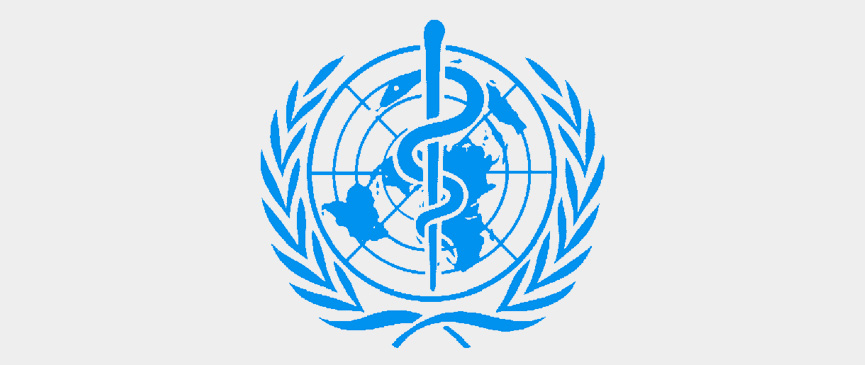The Princess of Asturias Foundation
Sección de idiomas
Fin de la sección de idiomas
Sección de utilidades
Fin de la sección de utilidades
- The Foundation
- HM The King
- HRH The Princess of Asturias
- 2023 Special
- Princess of Asturias Awards
- Area of Communication and Media
- Music Department
- Exemplary Town of Asturias Award
- 2012 Special
- 2013 Special
- 2014 Special
- 2015 Special
- 2016 Special
- 2017 Special
- 2018 Special
- 2019 Special
- 2020 Special
- 2021 Special
- 2022 Special
-
Important: COVID-19
-
Terms of Use
You are in:
Laureates
Start of main content
World Health Organization
Prince of Asturias Award for International Cooperation 2009

At its meeting in Oviedo, the Jury for the 2009 Prince of Asturias Award for International Cooperation, made up of María Jesús Álvarez González, Enrique Barón, José María Bergareche, Alicia Castro Masaveu, Consuelo Crespo, Ángeles Espinosa, Manuel Díaz Ron, Jorge de Esteban, Enrique Fernández-Miranda, María Jesús Figa López-Palop, Severino García Vigón, Isabel Gómez-Acebo, Laura González, Gloria Lomana, Luis Lada, Ricardo Martí Fluxá, José María Martín Patino, Luis Javier Navarro Vigil, Marcelino Oreja Aguirre, Yago Pico de Coaña, Francisco Pinto Balsemão, Luis Ruiz de Gopegui Miguel, Nicolás Sartorius, Gustavo Suárez Pertierra, chaired by Antonio Garrigues Walker and with Teodoro López-Cuesta acting as secretary, has decided to confer the 2009 Prince of Asturias Award for International Cooperation on the WORLD HEALTH ORGANIZATION, one of the most highly respected institutions for its work in safeguarding the fundamental right of every human being to health.
The Jury has prized the capacity of the WHO, as a specialized body of the United Nations, to play a leadership role in crucial health issues within the context of a changing world. The Jury has likewise taken into account its capacity to set the agenda for research in health matters, establish standards and formulate policies that combine both ethical and scientific principles, as well as providing technical support to those countries in need.
At present, the World Health Organization is made up of 193 member states and two associated states. Noteworthy among its major achievements are the eradication of smallpox; the reduction, in over 99%, of cases of poliomyelitis; the prevention and control of infectious diseases such as AIDS, tuberculosis and malaria; the reduction of infant mortality; and the identification and control of epidemiological outbreaks worldwide.
Oviedo, 27th May 2009
End of main content
Sección de utilidades
Fin de la sección de utilidades
- Legal document Legal document (Access key 8)
- | Privacy policy Privacy policy (Access key )
- | Social networks ???en.portal.pie.menu107.title???
- | Cookies ???en.portal.pie.menu110.title???
- | Site map Site Map (Access key 3)
- | Contact Contact (Access key )
- | XHTML 1.0
- | CSS 2.1
- | WAI 'AA
© Copyright 2024. FUNDACIÓN PRINCESA DE ASTURIAS
 View interactive
View interactive


